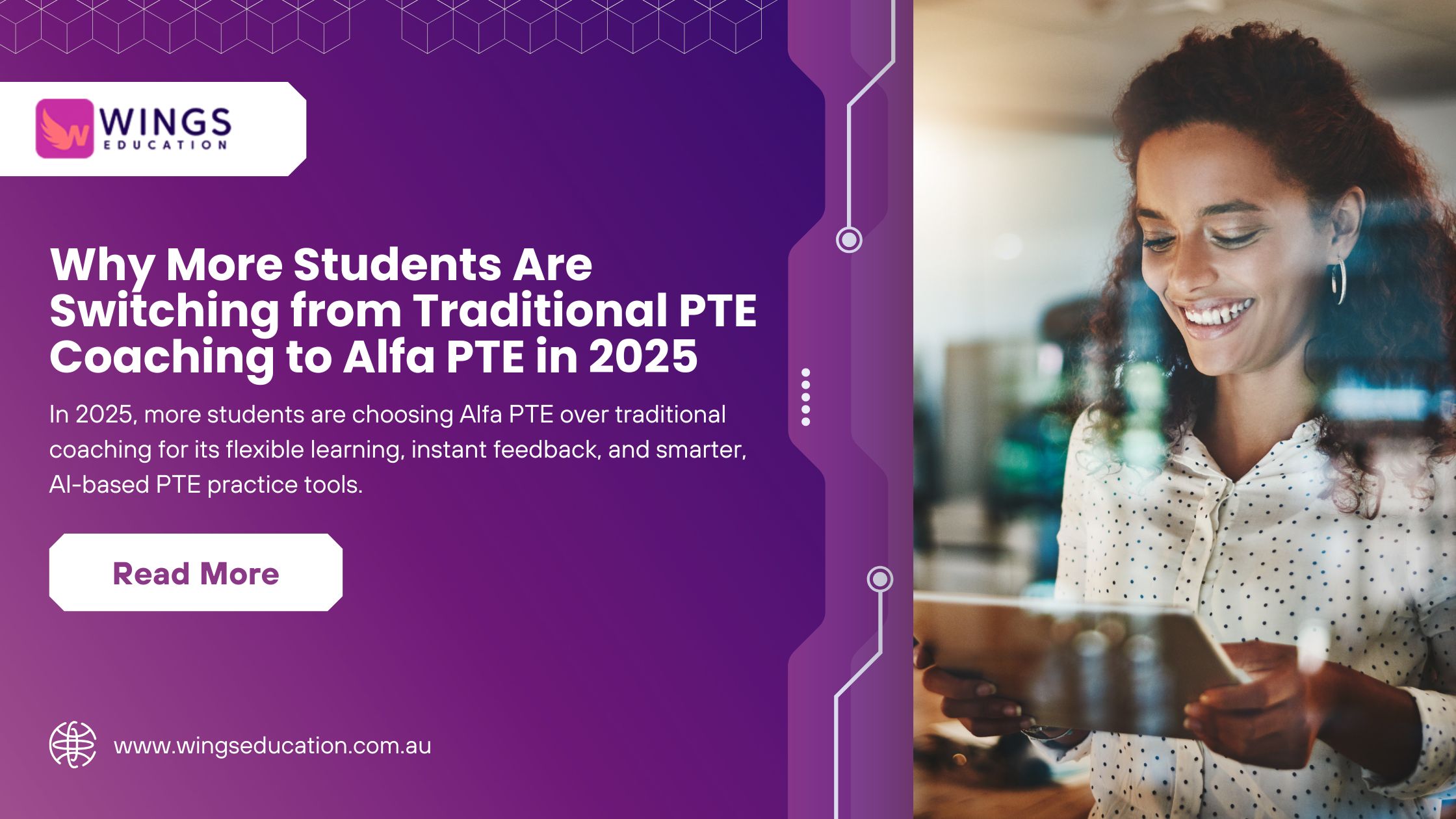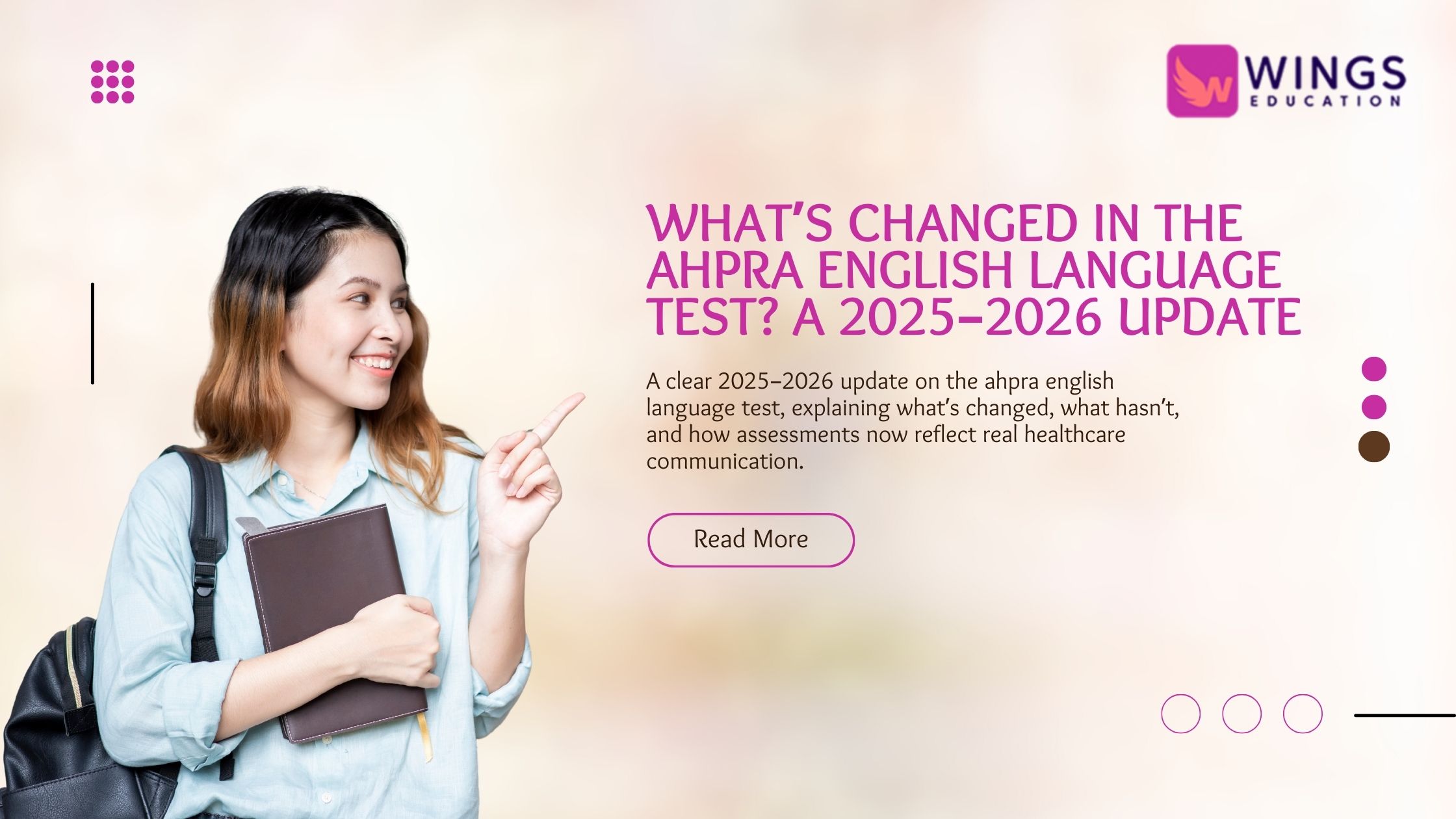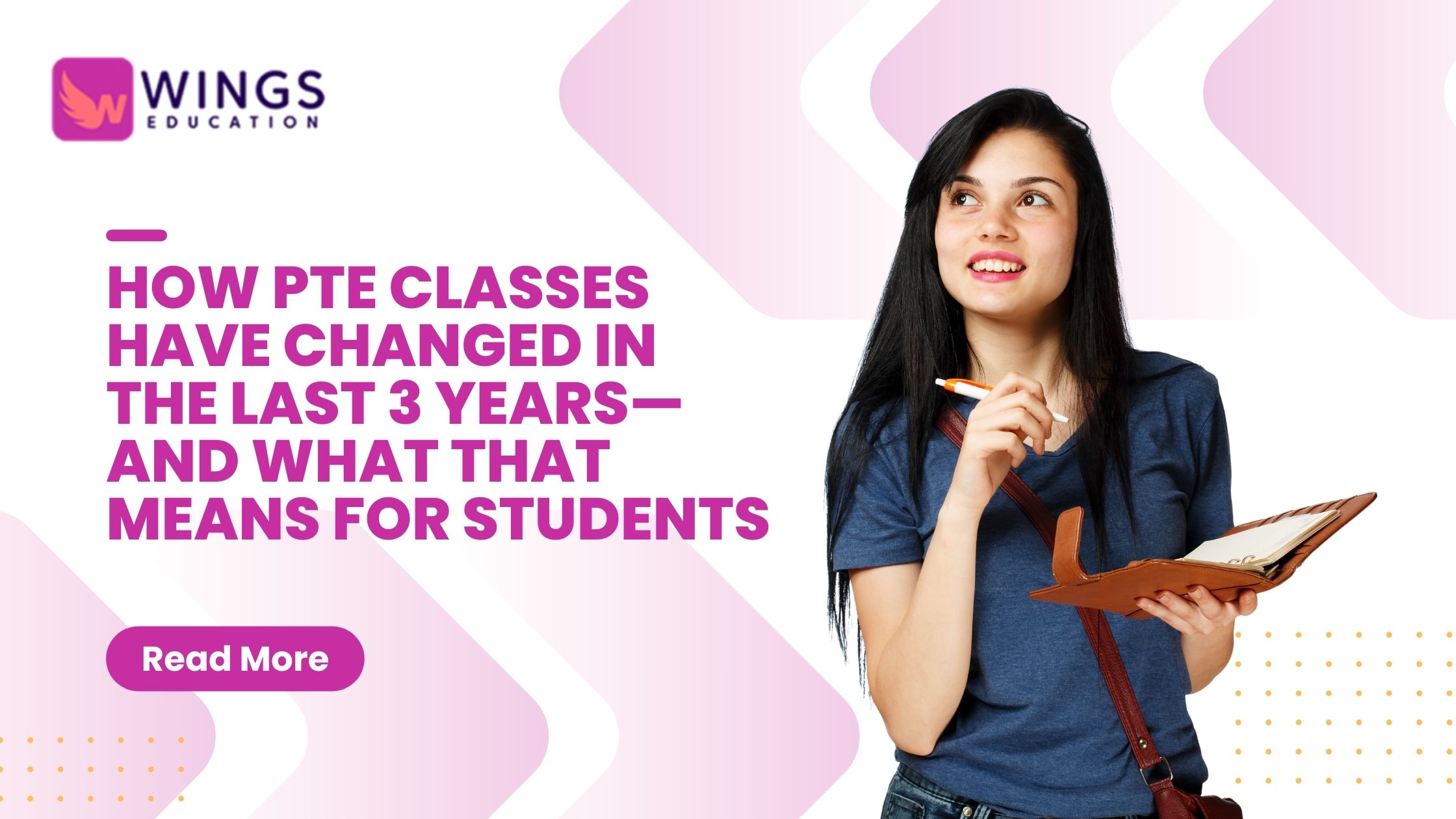
Why More Students Are Switching from Traditional PTE Coaching to Alfa PTE in 2025
In 2025, more students are choosing Alfa PTE over traditional coaching for its flexible learning, instant feedback, and smarter, AI-based PTE practice tools.
In recent years, the way students prepare for standardized language exams has undergone a significant transformation. The Pearson Test of English (PTE), a globally recognized English proficiency test, has become an essential benchmark for non-native speakers aiming to study, migrate, or work in countries like Australia. Traditionally, most students seeking to take the PTE have turned to classroom coaching centers or private tutors to get structured guidance. However, the rise of digital platforms and AI-driven tools has shifted this dynamic. Among these platforms, Alfa PTE has emerged as a preferred option for many test-takers, signaling a clear shift away from conventional coaching methods.
There is no doubt that traditional coaching has its merits. Face-to-face interaction, real-time feedback, and the sense of a classroom environment provide many students with structure and motivation. But these benefits are increasingly being weighed against the limitations of fixed schedules, high fees, variable teaching quality, and lack of personalized feedback. In contrast, digital platforms like Alfa PTE offer a more accessible, flexible, and cost-effective alternative, especially for a generation that has grown up with smartphones, on-demand content, and self-directed learning.
What draws students towards platforms like Alfa PTE in 2025 is not just convenience but a deeper shift in how education is consumed. With Alfa PTE, learners gain access to a suite of AI-powered tools that simulate the actual PTE testing environment. These tools offer instant scoring, detailed performance analytics, and continuous access to practice materials. Unlike human tutors who may take hours or even days to review a writing task or evaluate speaking performance, Alfa PTE delivers feedback in real time. This immediacy is highly valued by modern students who are accustomed to quick results and actionable insights.
Another major factor behind the increasing reliance on Alfa PTE is its ability to adapt to individual learning patterns. Traditional coaching often follows a one-size-fits-all model, with teachers moving at a pace that may suit some students but leave others behind. In contrast, AI-driven tools can identify a student’s strengths and weaknesses, recommend focused practice, and track improvement over time. The process becomes more tailored, allowing learners to invest their efforts where it counts most. For students juggling part-time jobs, academic responsibilities, or family commitments, this personalized pacing is far more practical than attending fixed-time classes.
Moreover, the economic aspect cannot be ignored. PTE coaching can be expensive, with fees ranging widely depending on the reputation of the institute and location. In contrast, Alfa PTE offers its services at a fraction of the cost, without compromising the depth or breadth of content. For students in countries where the exchange rate makes foreign exams and preparation courses prohibitively expensive, affordable platforms like Alfa PTE are often the only viable choice. The democratization of test prep through AI tools is gradually leveling the playing field for students from diverse socioeconomic backgrounds.
The ongoing digitization of education, accelerated by the pandemic years, has also normalized the idea of self-paced, screen-based learning. Many students have grown comfortable with online classes, video tutorials, and app-based quizzes. In this context, Alfa PTE fits seamlessly into their daily routine. Instead of commuting to a coaching center, learners can practice a reading test while commuting, complete a speaking task at home, or review writing feedback late at night. This flexibility enables consistent preparation, which is crucial for exams like PTE that assess a broad range of language skills.
While skepticism around AI-based evaluation still exists in some quarters, platforms like Alfa PTE have made strides in building user trust by refining their scoring algorithms and aligning their feedback closely with the actual PTE exam standards. In 2025, the level of accuracy offered by Alfa PTE’s automated assessments is widely regarded as reliable. For speaking and writing tasks especially, where traditional coaching can often rely on subjective or inconsistent feedback, AI-based scoring offers a level of objectivity that appeals to students seeking clear, actionable results.
Another subtle but important reason students are gravitating towards Alfa PTE is the reduced pressure and judgment that sometimes comes with in-person classes. Many test-takers feel anxious about making mistakes in front of peers or facing criticism from instructors. Practicing on a digital platform offers a private, low-pressure environment where students can try, fail, and try again without fear of embarrassment. This comfort can often translate into better learning outcomes, especially for speaking and writing skills, where confidence plays a huge role.
Alfa PTE also serves as a more effective tool for tracking long-term progress. Instead of relying on vague impressions or occasional mock tests, users can view detailed analytics about their performance trends, improvement areas, and readiness for the actual exam. The ability to quantify progress through data is something traditional coaching rarely offers. And for a generation that tracks everything from daily steps to sleep cycles through apps, performance dashboards on Alfa PTE feel intuitive and empowering.
In addition to test practice, platforms like Alfa PTE often include curated study materials, vocabulary builders, grammar tips, and exam strategy modules. All of these are integrated into one interface, creating a cohesive learning experience. This comprehensive structure removes the need to shuffle between multiple sources—books, tutors, coaching centers, and YouTube videos—and instead presents everything in one place. The consolidation of resources not only saves time but also creates a more focused preparation environment.
The realistic simulation of the PTE exam interface is another feature that draws many consumers. Practicing on Alfa PTE familiarizes students with the exact layout, timing, and pressure of the real test. This kind of exposure helps reduce exam-day anxiety and improves time management skills. Traditional coaching may provide some mock tests, but they often don’t fully capture the digital and automated nature of the actual PTE test. As PTE is a computer-based exam, practicing on a digital platform simply makes more sense.
The peer community aspect, often a strength of traditional classrooms, has also found new life in digital forums and user communities linked to platforms like Alfa PTE. Students exchange tips, clarify doubts, and share their test experiences in discussion groups, Telegram channels, and online forums. The digital age has ensured that peer support is no longer tied to physical presence, and learners can benefit from a global community of like-minded individuals preparing for the same goal.
It’s important to note that not every student abandons traditional coaching altogether. Many combine both approaches, attending a few coaching sessions while primarily relying on Alfa PTE for daily practice. But the overall trend suggests that students are increasingly turning to AI tools as their primary means of preparation, using traditional coaching only as a supplementary aid when needed. This shift indicates a change in learner behavior—towards autonomy, flexibility, and tech-driven efficiency.
As the education system continues to evolve, the gap between formal instruction and self-driven learning is narrowing. With platforms like Alfa PTE, students no longer have to depend solely on teachers or fixed curricula. They can control the pace, depth, and focus of their preparation. This sense of ownership is not just empowering; it’s also more effective for adult learners and working professionals who need to fit study time into irregular schedules.
In 2025, students are not just looking for content—they are looking for insight, adaptability, and support that aligns with their lifestyle. Alfa PTE provides these in a way that traditional coaching has often struggled to match. The preference for smart, data-backed, and instantly responsive learning solutions is reflective of a broader shift in how education is consumed and valued.
To sum up, the increasing migration from traditional PTE coaching to platforms like Alfa PTE isn’t just a matter of convenience. It reflects a deeper realignment in educational priorities. Students now value flexibility over rigidity, objectivity over subjectivity, and technology over tradition. While traditional coaching may continue to have its place, especially for those who prefer interpersonal guidance, it’s clear that AI-powered platforms like Alfa PTE are shaping the future of PTE preparation—efficiently, affordably, and intelligently.























